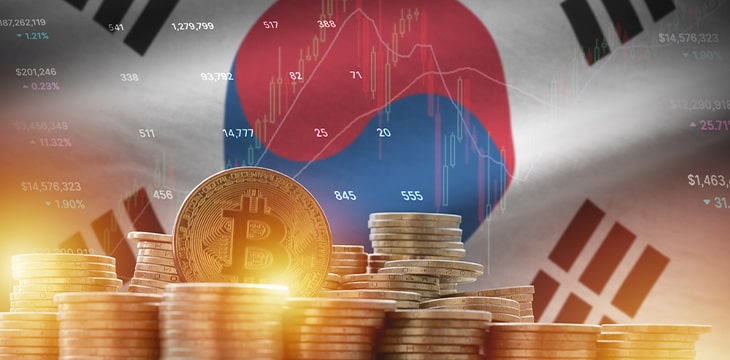|
Getting your Trinity Audio player ready...
|
Regulators worldwide are scrambling to deal with the effects of the FTX collapse, with some tightening existing laws while others formulate new laws to protect investors. In South Korea, regulators are pushing for a new bill that seeks to punish exchanges that suddenly halt withdrawals, requiring them to compensate their users.
As per local reports, the South Korean Financial Services Commission (FSC) is in support of the new bill that is designed to protect traders from what has become a worryingly common trend in the digital asset world—unexpected withdrawal halts. These halts are caused by various factors, including system outages and payment partner errors. However, in most cases, it results from the exchanges’ misuse and mishandling of users’ assets.
This year, several exchanges have halted withdrawals as they grappled with the fallout of a crypto contagion that started in May with the collapse of LUNA and UST. In the months that followed, entities that were tied to the project collapsed, and with it, several exchanges halted withdrawals or suspended operations altogether.
According to Yonhap News Agency, FSC has given its preliminary support to the bill which Conservative Party lawmaker Yoon Chang-hyun drafted.
The bill also seeks to protect user assets by requiring exchanges to separate users’ assets from their funds. Comingling of user funds with other assets has been one of the biggest factors behind the current contagion. At FTX, SBF was reported to have sent billions of dollars worth of users’ assets from one of his entities to another at will. Other spectacular collapses, including Celsius Network, have also been found to have a weak separation between the users’ and company assets.
Yoon’s bill also seeks to prohibit exchanges from listing and brokering their own tokens, yet another common factor among this year’s biggest collapses. Celsius was using users’ assets to prop up its CEL tokens, while SBF’s quant-trading firm Alameda Research was the biggest holder of the FTT token, ultimately leading to the collapse of both entities.
As CoinGeek reported, it’s already illegal for exchanges in South Korea to list their own tokens. The FSC launched an investigation on whether any exchanges have violated this law, with Flata exchange being reported as the main target.
Follow CoinGeek’s Crypto Crime Cartel series, which delves into the stream of groups—from BitMEX to Binance, Bitcoin.com, Blockstream, ShapeShift, Coinbase, Ripple,
Ethereum, FTX and Tether—who have co-opted the digital asset revolution and turned the industry into a minefield for naïve (and even experienced) players in the market.

 03-03-2026
03-03-2026 




